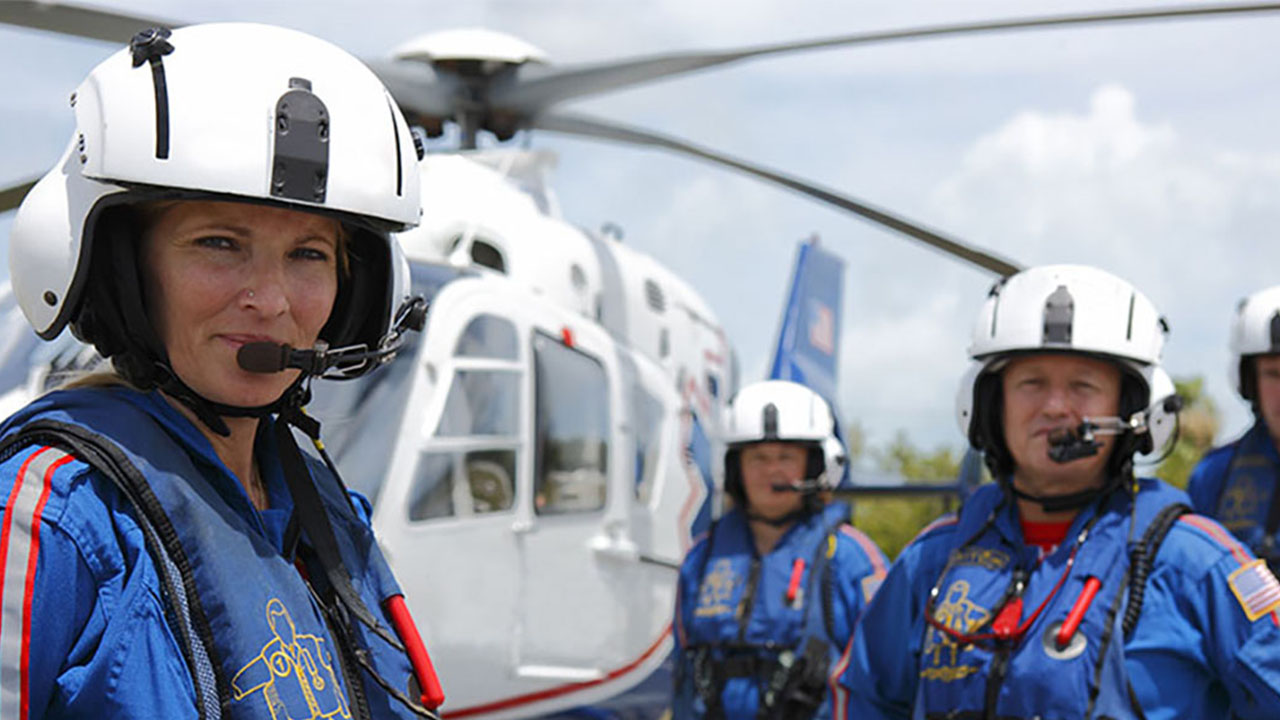#4 Great Operators Make Great Leaders
Change is hard.
EMS and air medical are changing . . . for good.
New employees expect more than just challenging work.
Younger employees are not satisfied with just a “job,” but rather, want work that allows them to get involved in decisions.
Less than 10 years ago, this type of “defiance” was unheard of in EMS and air medical. Back then, new employees followed orders or got fired. There was always someone waiting “in the wings” to replace current EMSers.
The problem today is traditional command and control leadership models are now floundering and failing, unable to adapt to the need for more collaboration and inclusion.
In some ways I feel sorry for the EMS and air medical leaders of the past. Their complete lack of understanding for how to lead isn’t their fault. They had no example other than “do as your told or get fired.” So it’s really no surprise they’re now floundering and failing.
The problem is that lack of leadership is insidious. It infects all of EMS and air medical. The result is immediate, costly, and in some cases, fatal.
EMS and air medical continue to lose their very best people.
The irony sucks.
The same people who could best lead EMS and air medical . . . are the quickest to leave EMS and air medical.
Stop the Exodus
How do we stop the mass exodus of good people from EMS and air medical careers?
In a word . . .
Leadership.
It’s time for EMS and air medical managers to step up and start giving their new (and current) employees more than lip service when it comes to safety and leadership.
A good starting point is debunking leadership myths.
Here are seven EMS and air medical leadership myths that need your attention:
#1 Leadership Is Top To Bottom
Our current view of leadership tends to be top to bottom.
Reality is that leaders exist across and throughout the organization, not just on top of the organization. Leadership is multidimensional.
We are all leaders in one way or another, and when we hold a wider view of leadership, we’re able to work together in a way that utilizes the unique talents of everyone.
#2 Leaders Are Designated by Birth or by Title
Leaders are created.
Leaders are not born into leadership positions. Leadership can’t be gifted by title or position authority. A title does not make someone a leader.
We have plenty of examples of people with fancy titles who are unable to connect, inspire, empower and develop others.
The good news is we’re are all capable of becoming powerful leaders. Leadership begins with responsibility. Step one is taking full responsibility for our actions.
#3 Great Leaders Work Alone
The “lone wolf” theory of leadership is ego-driven, not results driven.
Cavemen worked alone. Back then the strongest really did survive because we had to hunt for food or run from predators.
Effective leaders of today are skilled at evoking leadership in others.
One of the core competencies of present day leadership is coaching. What works needs shared and spread. This open exchange of information and ideas is nurtured through coaching.
#4 Great Operators Make Great Leaders
Leadership is a skill.
Leadership doesn’t magically appear because other skills are present in an individual.
Your best field mechanic may find themselves ill-equipped and overwhelmed trying to fill your lead mechanic position.
There are huge gaps between doing and leading.
Guard against this mistake and especially against widening the gap. It’s rare, but sometimes you see an operator from one field trying to lead in a completely different field. All good if they were a strong leader from the start. But if their background is purely operational, this is a recipe for failure, and potentially for disaster.
#5 Leaders Have All The Answers
We tend to characterize leaders as heroic, bright problem solvers who provide solutions to difficult problems in an instant.
Reality is something different.
As EMS and air medical change, so do the answers.
Leaders find answers through curiosity and powerful questions. They don’t have all the answers instantaneously.
#6 Leadership Is About Results, Not People
The world moves fast today. So fast there’s a tendency to think only results matter.
Results do matter. But you’ll never get results until your people “buy in” to your leadership.
I once worked for a company that only cared about results. Sometimes it pretended to care about people, but only with the hidden agenda of increasing results.
Long story shortened . . . said company no longer exists.
Results-only leadership in EMS and air medical is a “double whammy.” It’s the equivalent of removing compassion from treatment. Nurses, paramedics, and pilots can spot it a mile away and will not tolerate it.
Take care of your people. And they’ll take care of you. Enough said.
#7 Failure Is Not An Option For Successful Leaders
The only way to break free of past EMS and air medical failures . . . is through the freedom to make new mistakes.
If we cannot afford to fail, then we must stay with proven approaches from the past.
If we cannot afford to fail, we need to admit right now that we’re never getting better. Never.
It is only by failing repeatedly that we can learn, evolve and grow. Leaders need to understand failure is an important aspect of development and discovery.
Worker bees need to understand their leaders will fail from time to time, and give them the benefit of the doubt.
Leading Our Future
Leadership is the path forward for EMS and air medical.
Debunking leadership myths is an important start to making EMS and air medical better and safer for all.
EMS and air medical needs good people.
We can’t afford to keep chasing away our best and brightest.
We need you.
Start leading today.
———————-
Want more tips and advice on how to make YOU better? Sign up here. It’s completely free.



3 replies to "7 EMS and Air Medical Leadership Myths"
Hope Ann Youngblood check out this article!
Lewis,
Thanks for recommending our article.
Clear Skies & Tailwinds
I have to disagree partly with #3. There are men and women who are naturally born leaders. They just need the skills and drive to become great leaders.